
The site of an infamous B.C. mining disaster could get even bigger. This First Nation is going to court — and ‘won’t back down’
Xatśūll First Nation is challenging B.C.’s approval of Mount Polley mine’s tailings dam raising. Indigenous...
As Premier Doug Ford heads back to Queen’s Park to officially start his third legislative term on Monday, climate change looms large in Ontario. Tens of thousands of people across the province remained without power Wednesday, a week after the worst ice storm in decades took down parts of the grid.
The storm saw more than a million homes and businesses in Ontario experience power outages, particularly around Orillia, Peterborough and Muskoka. Since then, workers, including some from Saskatchewan and New Brunswick, have been working to replace 2,300 broken transmission poles, blown transformers and the wires that connected them.
As of April 4, one of those affected was Jill Dunlop, Ontario’s brand-new minister of emergency preparedness and response and the MPP for Simcoe North, which includes Orillia. This is the first time Ford has given emergency preparedness full ministry status — in his previous cabinets, the issue was folded into the Treasury Board and led by an associate minister.
The reason: Ford says the province has seen a greater need for emergency response in the last five years, “from flooding to tornadoes to hurricanes to the pandemic to wildfires that happen every single year.” As global temperatures grow warmer, fuelled by burning fossil fuels, scientists predict such extreme weather is expected to become more frequent and harmful.
“My biggest concern right now is flooding,” Ford said on April 4 during a visit to Orillia, where he inspected the damage and gave kudos to the emergency response. “We’ve had a tremendous amount of snowfall, and we have to be prepared.”
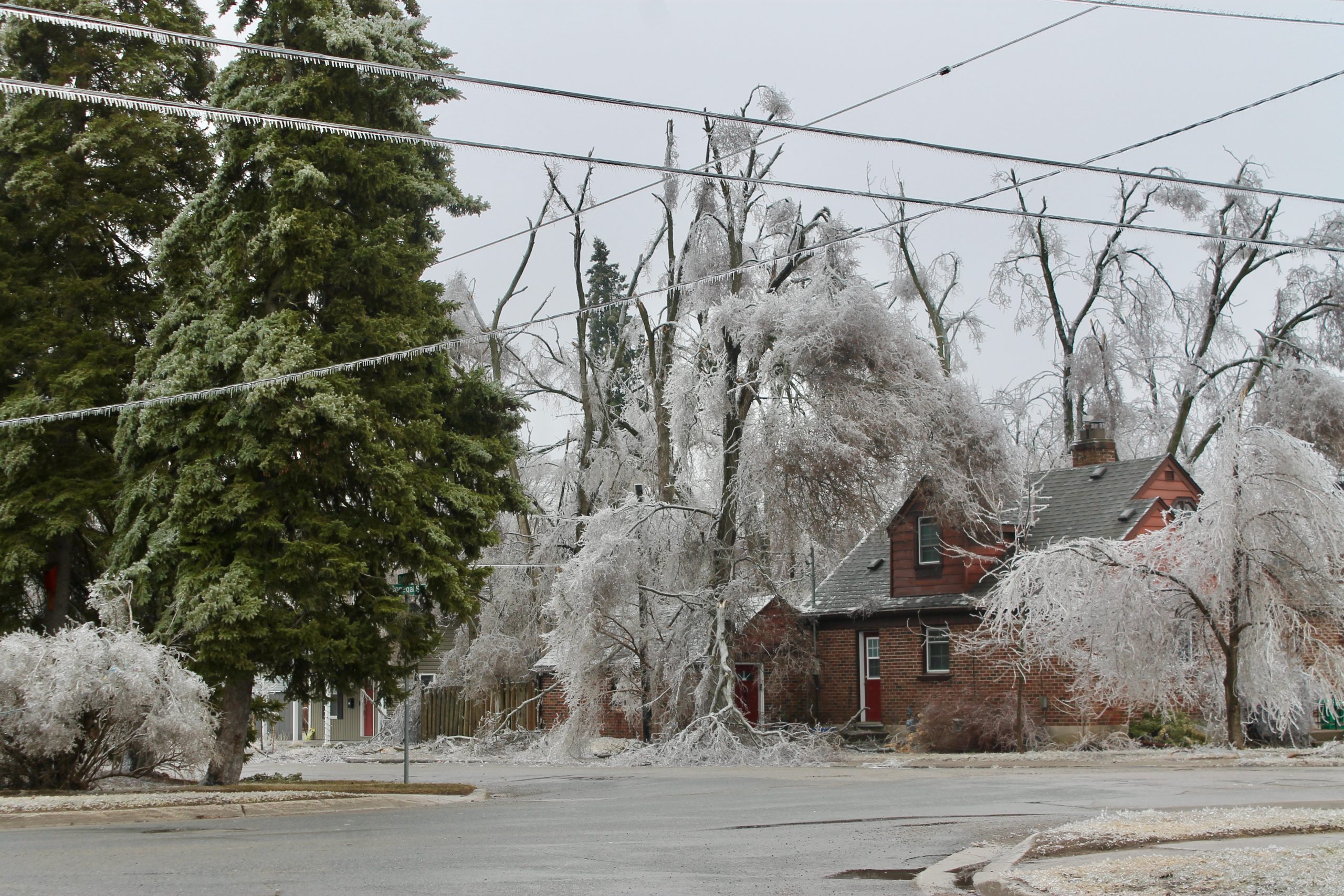
As warm weather brings snow melt and spring rain, Hydro One, the provincial utility, is warning residents that potential flooding could slow down their work to restore power.
The premier promised to speak to the Insurance Bureau of Canada to make sure Ontarians impacted by the ice storms “aren’t being punished if they make a claim” — even though the bureau has warned for years of higher rates across the country due to more severe climate events.
Ford also promised to shift Ontario towards 100 per cent clean energy. He has said that before, but it’s in stark contrast to his government’s move over its first two terms to increase the province’s reliance on methane-heavy natural gas. And the message in Orillia was still contradictory: Ford and Energy Minister Stephen Lecce also said Ontario had to balance emissions reduction efforts with economic growth, and repeated promises to invest in transit, nuclear energy and helping industry shift away from coal power.
“You don’t have to be an extremist on one side and cut off everything,” Ford told reporters. “We can be environmentally conscious and create economic development and growth at the same time.”
While the Ford government’s intentions for the environment aren’t always crystal clear, its new cabinet offers some insight.
As Queen’s Park comes back in session on April 14 here are some of the Ford cabinet ministers who could shape the future of environment and energy policy in Ontario.
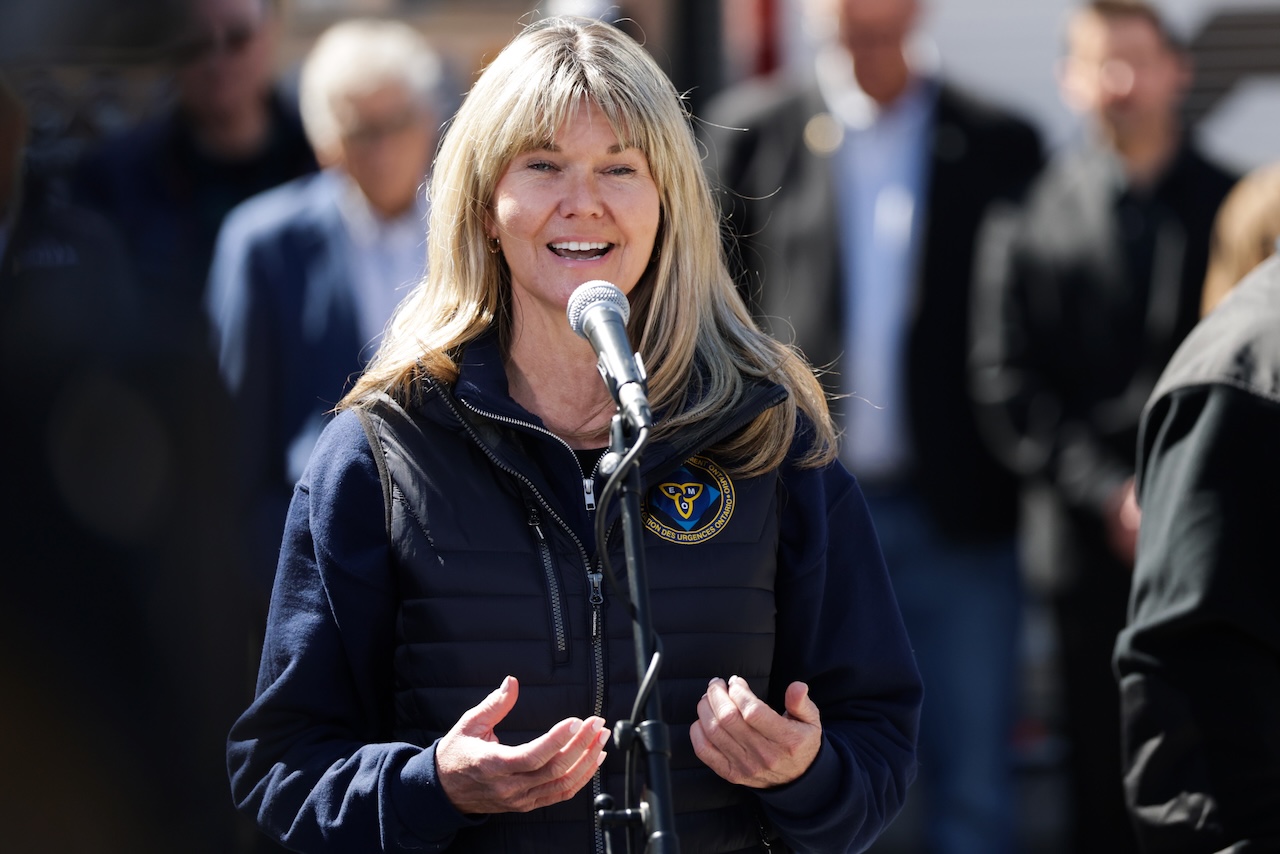
As the first minister in charge of emergency response, Dunlop will head Ontario Corps, a group of volunteers and skilled professionals that will respond to natural disasters and emergencies. The corps was launched in December 2024 and has seen more than 40,000 people trained in basic emergency management skills to respond to floods and winter storms, some of whom have been employed during the ice storm recovery.
At the same time, the government introduced new emergency management legislation in December that would update policies for the first time in 15 years.
Dunlop’s key challenge will be to explore how to be more proactive in emergency management, so Ontario communities can better prepare for and adapt to severe climate events, rather than react in real time and after destruction.
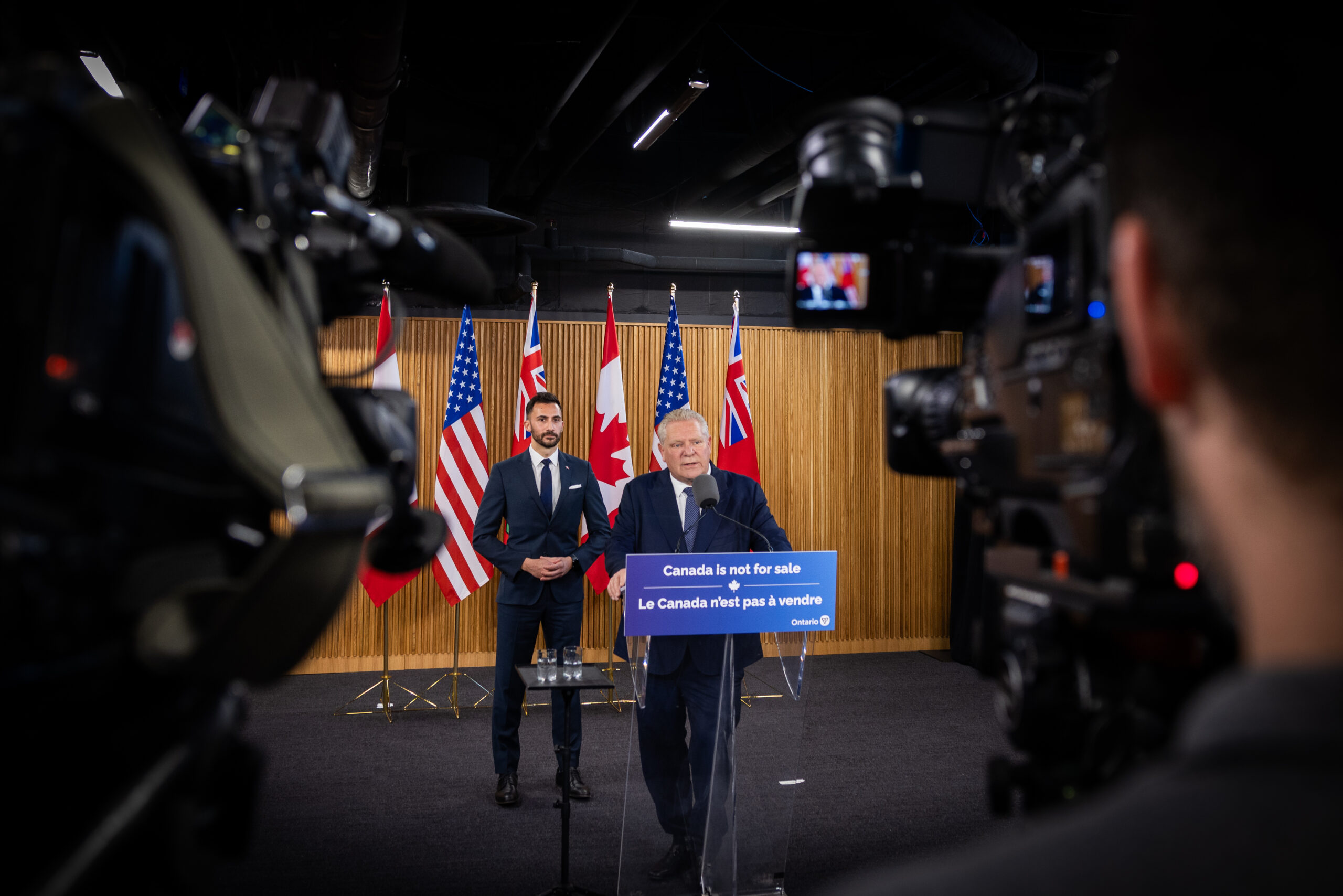
When he moved from Covid- era education head to the energy ministry last June, Lecce promised to make Ontario an “energy superpower.” Over the last several months, he has been at Ford’s side during multiple trips to Washington, D.C., to leverage Ontario’s energy relationship with the U.S. in the wake of Donald Trump’s tariff threats.
At home, Lecce has put in motion plans for a “technology-agnostic” procurement strategy to manage Ontario’s growing energy demand. The journey to near-net zero emissions has the province pursuing a range of low-emissions technology, such as batteries and small modular nuclear reactors. In the short term, the Ford government has upped its use of natural gas — a move that has slightly increased Ontario’s emissions, but is presently unavoidable as nuclear plants are refurbished. Ontario doesn’t have enough renewable energy to fill the gap, not least because Ford cancelled hundreds of wind and solar projects the first day of his first term in 2018.
“Affordable energy is going to be our priority. Clean, too,” he said in Orillia after the ice storm.
Lecce now has an expanded portfolio, including mines. Last week, he told iPolitics he plans to pitch Ontario as “the leading market for critical minerals for democracies in industrialized economies around the world.” For more than a decade, successive Ontario governments have touted the potential of the remote mineral-rich Ring of Fire region in northern Ontario, and Ford has promised to build roads there himself to see mines develop. This will likely be a high priority for Lecce, as well as for MPP Greg Rickford, whose continued oversight of the Indigenous Affairs ministry now includes a specific responsibility to form partnerships with First Nations in the Ring of Fire region.
Rickford returns to cabinet with a very long title. He has been the Indigenous affairs minister since 2018 and now has a specific focus on furthering the government’s goals in the Ring of Fire. The northern Ontario region’s critical mineral deposits — which could be used in electric vehicle batteries, but also weapons and other technology — have been repeatedly highlighted by Ford as part of his government’s strategy to protect Ontario from the impact of American tariffs.
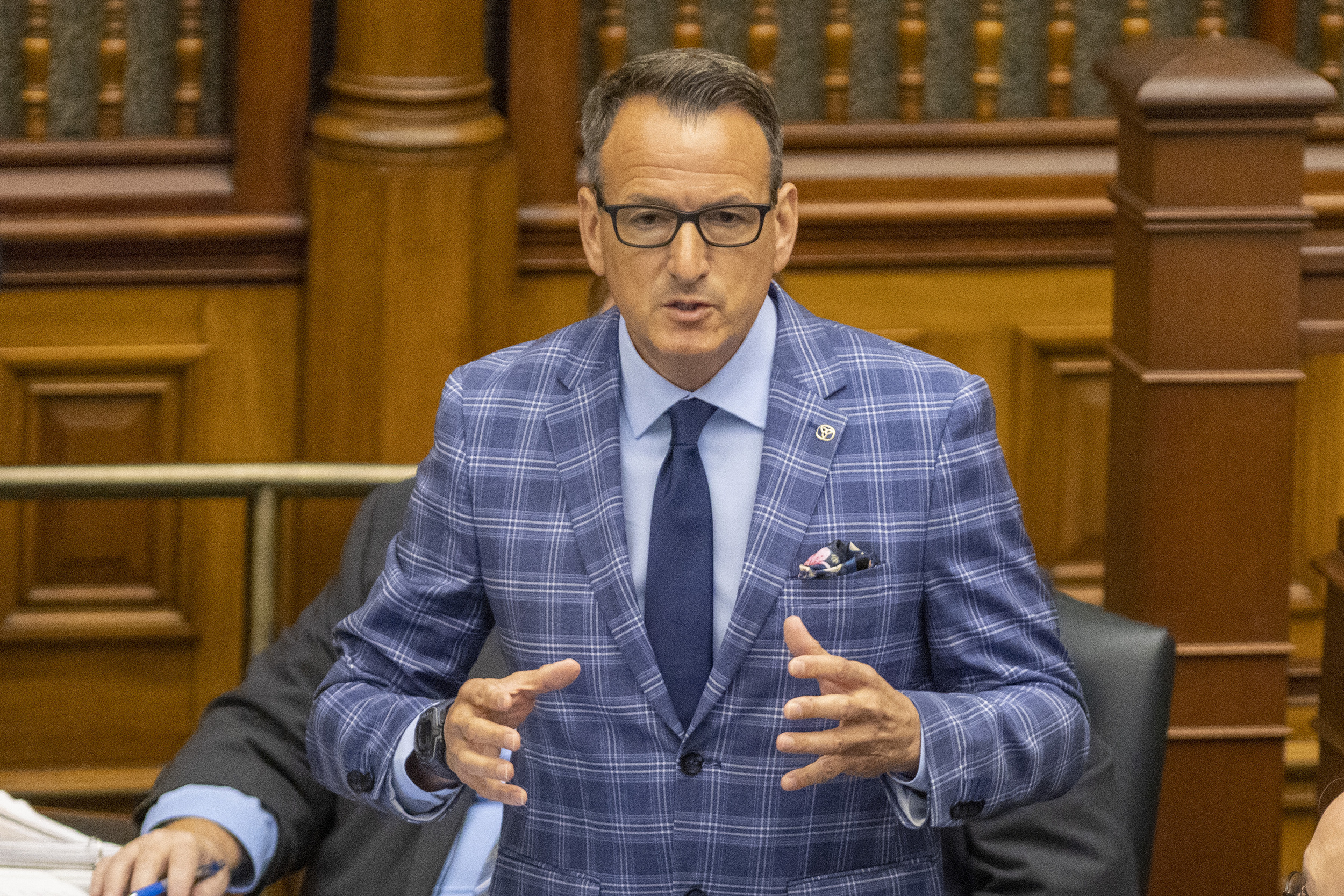
During a February campaign stop in Thunder Bay, the premier promised to speed up approvals and early exploration permitting for mining projects “that meet high operating safety and environmental standards,” adding that they “will be granted automatic approvals to proceed with early works” once companies meet their constitutional duty to consult local Indigenous nations.
Rickford will have to navigate relationships with First Nations and businesses to make all that happen, while also addressing the environmental impacts of mining. The Narwhal reported in 2022 that Rickford had raised concerns the federal government’s approach to establishing Indigenous Protected and Conserved Areas encroached on Ontario’s jurisdiction.
During the most recent election campaign, McCarthy was caught on doorbell camera telling a potential voter that the verified and widely reported on 2018 video of Ford promising to open the Greenbelt for development, was an artificially generated clip and “fake news.” Now, as environment minister, he’s in charge of protecting the ring of wetlands, wildlife habitat and farmland around the Greater Toronto Area, as well as the rest of the province’s air, lands and water.
A former lawyer, McCarthy will have to help the Ford government realize pet highway and development projects. The government has already passed a number of legislative changes in order to fast track construction for some of them, including reducing environmental assessments for roads, rails and transmission lines. McCarthy will step in to shepherd proposed amendments to Ontario’s Endangered Species Act, which would change the parameters for protecting endangered species like the redside dace and butternut tree, found in an area proposed for Highway 413.
Notably, conservation authorities have been shifted from the purview of the natural resources minister to the environment minister, leaving McCarthy to rebuild relationships with the agencies as they navigate issues of flooding and development after years of diminishing power under the Ford government.
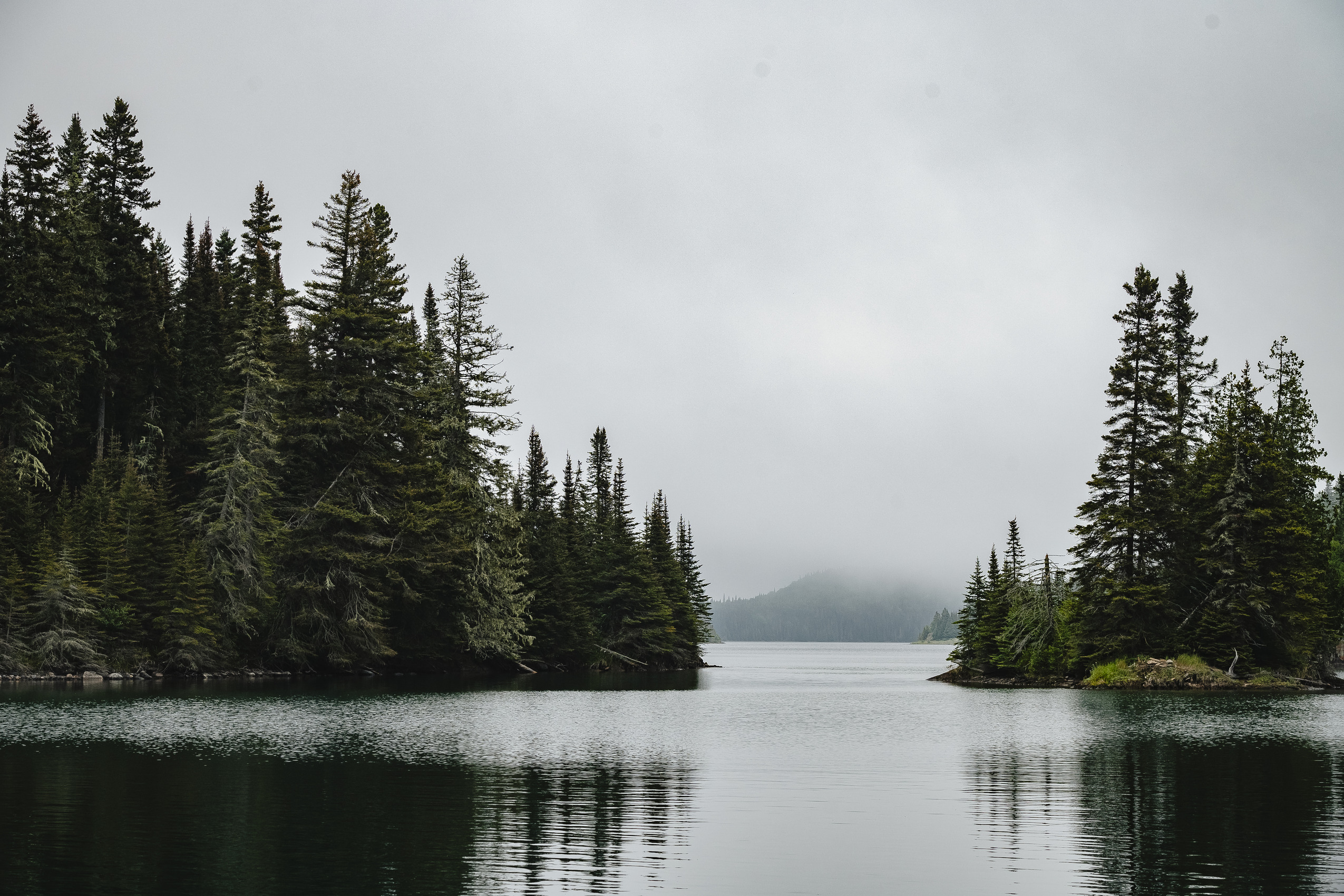
Mike Harris Jr. returns to cabinet for a second time, after a stint as Ontario’s first red tape reduction minister. He is the only Waterloo Region-area MPP to be named to Ford’s executive council, and his riding is currently divided over plans to expropriate hundreds of acres of farmland for a future Toyota facility. As natural resources minister, he will oversee forestry and hunting regulations.
Kinga Surma continues on in her role as infrastructure minister, despite great opposition to her oversight of the demolition of Ontario Place, a lakefront park in Toronto that will be paved to make way for a luxury spa. The project has been scrutinized by the auditor general who found it was over budget and ignored guidelines and rules about fair procurement.
Prabmeet Sarkaria is overseeing what Ford has repeatedly described as the largest investment in public transit in the country. The government has “put billions and billions of dollars … to get people out of cars and intro trains,” Ford said on April 4, and Sarkaria is in charge of making it happen.
The Ford government has initiated a number of public transit projects, including local subway and rapid transit lines around the Greater Toronto Area, and has promised to further expand existing GO Train routes (as well as adding cupholders). But one of Sarkaria’s biggest challenges will be making public transit a feasible option for Ontarians, who have seen construction drag on for years on end and expensive, disruptive projects open with interminable problems (see: the Ottawa LRT).
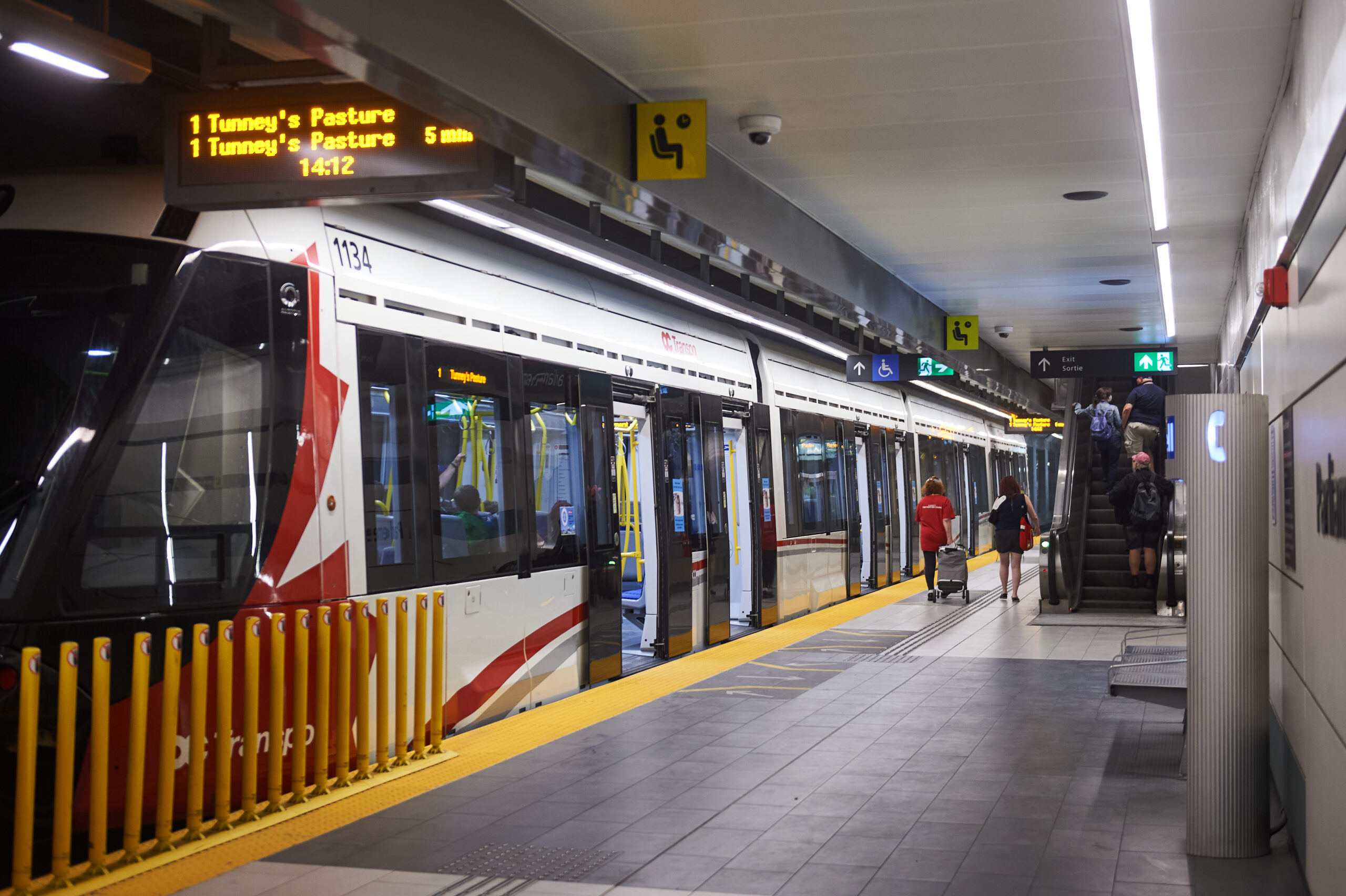
The job also comes with overseeing a bevy of road projects that prioritize cars. These include roads like Highway 413 and the Bradford Bypass, both of which would run through Ontario’s Greenbelt, and ripping up bike lanes that remove a lane of vehicle traffic in downtown Toronto. Mayor Olivia Chow has hinted in recent days that a deal is in the works to keep the lanes in place.
In an attempt to have it both ways, there’s also the two-year-long feasibility study for the tunnelled transit route and expressway Ford promised under gridlocked Highway 401. The project would stretch from around Brampton, west of Toronto, to past Scarborough in the city’s east.
Rob Flack, a London-area MPP, is taking on the weighty role of minister of municipal affairs and housing. He’s already used his role to grant strong mayor powers, which several Ontario mayors were given during Ford’s last term and the province has proposed expanding to 169 more municipalities: these allow mayors to approve proposals with fewer votes than usual, and have been used to see development proposals ushered through. Orillia’s mayor levelled up as a result of this month’s storms — and immediately used his new powers for a non-ice storm related item, making senior-level staffing changes at the municipality.
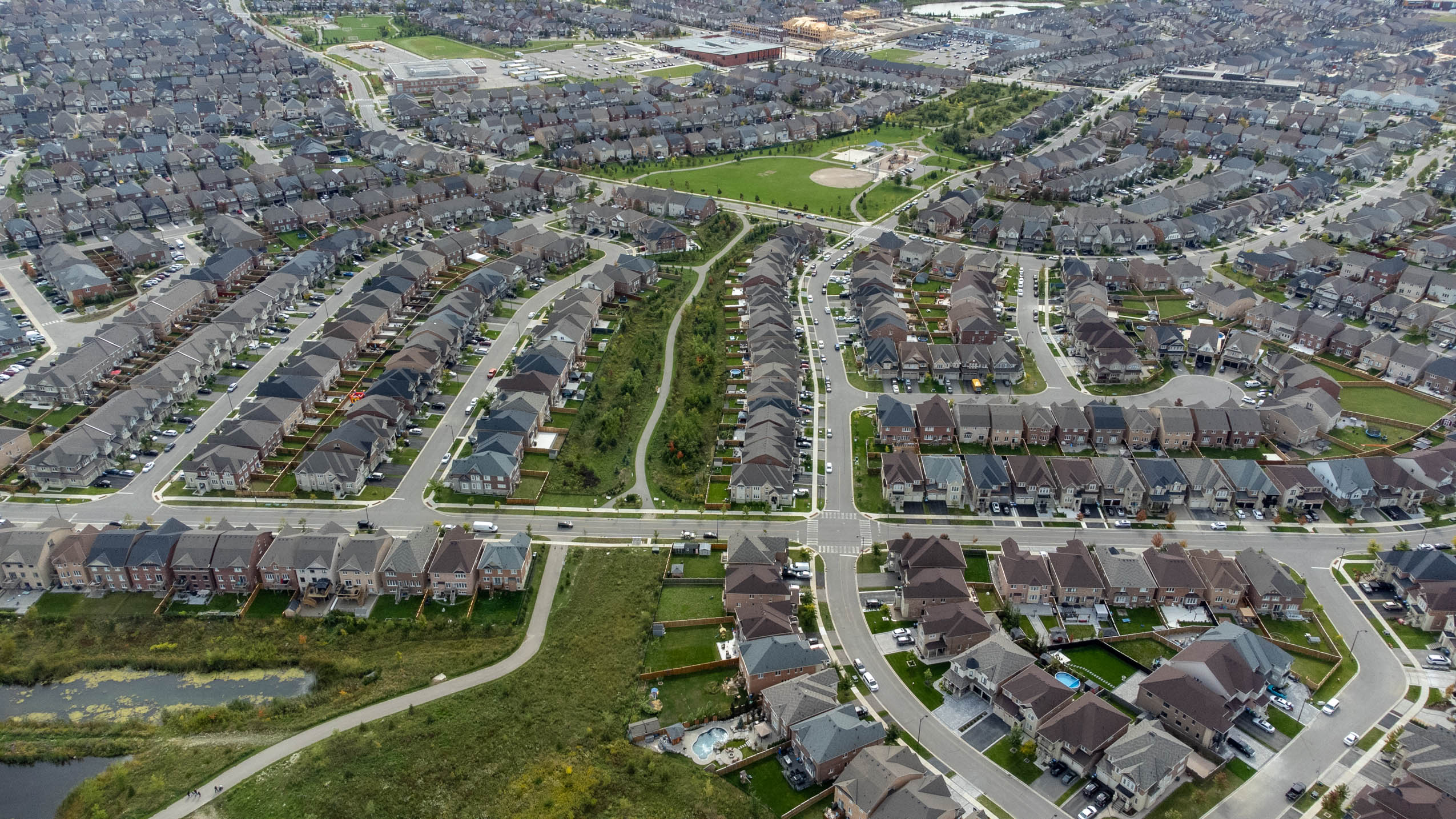
Flack can also apply ministerial zoning orders, which allow the province to overrule local government land use decisions to expedite the process of rezoning land for development. While these orders have existed in Ontario for a long time, Ford’s cabinet has used them more than any previous government and been criticized for applying them preferentially.
Ultimately, Flack will have to balance environmental and development concerns as he aims to building 1.5 million homes in less than a decade — a promise Ford repeated constantly during his last term but quietly disappeared from the Progressive Conservatives’ 2025 election platform.
Get the inside scoop on The Narwhal’s environment and climate reporting by signing up for our free newsletter. When I visited my reserve, Moose Factory,...
Continue reading
Xatśūll First Nation is challenging B.C.’s approval of Mount Polley mine’s tailings dam raising. Indigenous...

As the top candidates for Canada’s next prime minister promise swift, major expansions of mining...

Financial regulators hit pause this week on a years-long effort to force corporations to be...

